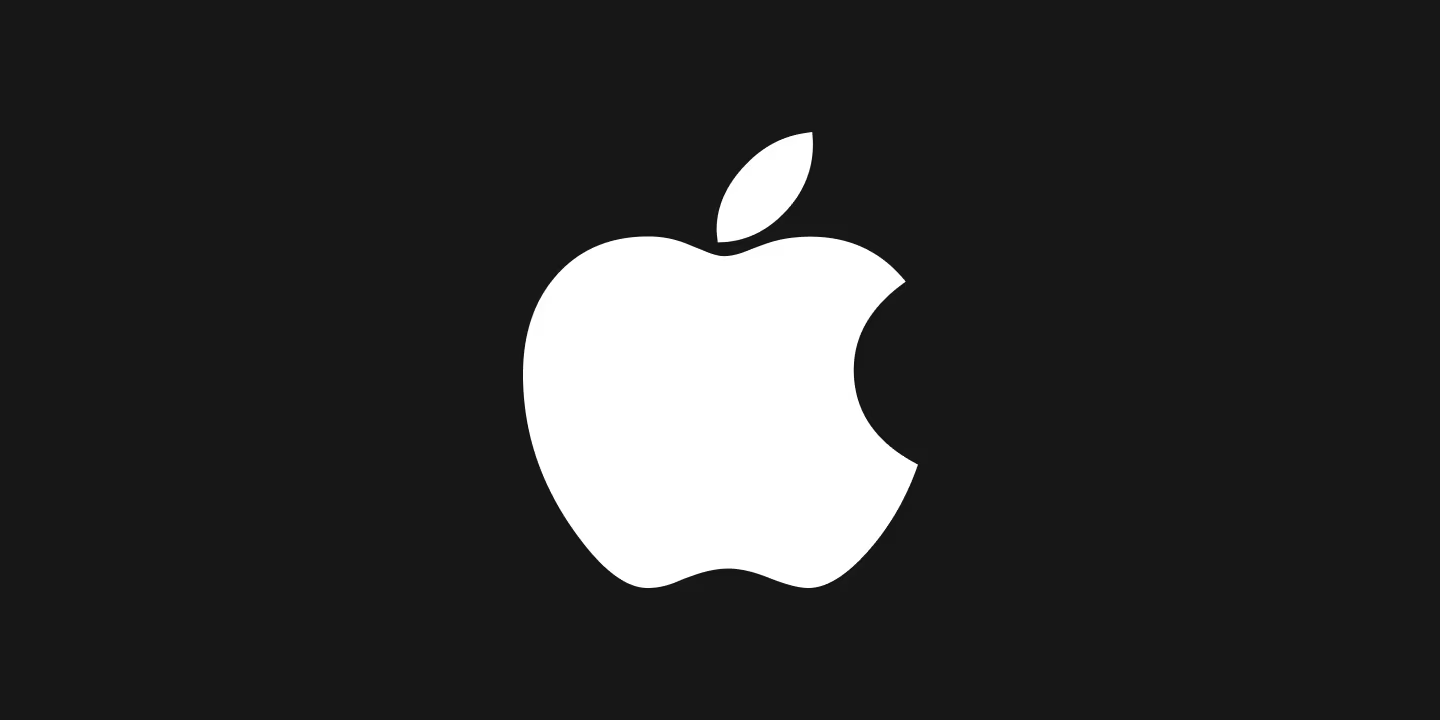.avif)
ISA allowance explained
Guide Summary
Think back to when you were a kid. If you were lucky enough, you might have received an allowance every week. This was usually a small amount of cash you were allowed to spend as you please, usually on things that were bad for you.
Fast forward to being an adult, and while the days of taking our pocket money to the cornershop to buy sweets are long gone, there’s an allowance we can all use from the UK Government every year for something more sensible – tax-free saving and investing.
Sadly, we have to use our own money for this, not Mum and Dad’s (unless they want to restart this childhood tradition), but using our £20,000 ISA allowance is something we should all look to take advantage of and use wisely to build our long-term wealth.Here’s a quick explainer of what your ISA allowance is and how you can use it.
What’s an ISA?
A quick recap
Before we get into your allowance, here’s a reminder that ISA stands for Individual Savings Account. They are ‘tax efficient’ savings accounts, meaning you don’t pay tax on any interest or returns you earn on the money held in ISAs. They’re easy to open and are available to every UK resident as long as you are over 18 years of age and pay tax here.
There are four types of ISAs available (Cash ISAs, Stocks & Shares ISAs, Innovative Finance ISAs, and Lifetime ISAs).
Currently Chip offers a Stocks & Shares ISA and a Cash ISA.
Your ISA allowance explained
And how that £20,000 can work for you
Your ISA allowance is a set amount of money that you can save or invest into ISAs each tax year. In the 2023/2024 tax year your ISA allowance is £20,000, this could change but it has remained at this amount since the 2017/18 tax year and as it stands, there are no immediate plans to alter it.
How you use your allowance is up to you. You can use the full £20,000 into one type of ISA, or you can split it up, using it as you wish across the different types of ISA, as long as you don’t pay in more than £20,000 across them all in the same tax year.
(Eg. You could pay £10,000 into a Cash ISA and £10,000 into a Stocks & Shares ISA in a tax year.)
It’s a use it or lose it situation
Important points you need to know
You must use your allowance by 5 April (the end of the tax year). It's important to note that any unused allowance doesn’t carry over and if you don’t use it in the existing tax year, you lose it for good. Your allowance renews on 6 April each year when the next tax year starts.
Remember that £20,000 is just the maximum you can pay in, and you can use as little or as much of your allowance as you like.
There have been some important changes to ISAs for the tax year 2024/25. You can now open and pay into more than one ISA of the same type (except the Lifetime ISA) within the same tax year. Previously, you could only put money into one of each type of ISA each tax year.
Sensible for today, important for tomorrow
It’s always a good time to use your allowance.
ISAs are a sensible way to build wealth and help you along the way to financial freedom because you never pay tax on the interest or investment returns you earn. This is especially true now when interest rates on savings are high and you could earn more interest than your Personal Savings Allowance and tax-free allowances on investment returns decreasing.
Even if you don’t earn enough in interest for your Personal Savings Allowance to matter, your situation can quickly change.
There could be a scenario where you came into some money, through the sale of an asset or inheritance for example. You could suddenly find that you max your current tax year’s allowance overnight, leaving any money outside of an ISAs potentially liable for tax. As your wealth grows, so does the possibility of paying tax so future proofing your wealth against it is important.
Make it nicer with an ISA
Simple and tax free
Just like when your parents insisted that you use your childhood allowance wisely, here at Chip, we’d encourage considering the same approach when it comes to your tax-free ISA allowance. Making smart choices now means more of your money remains in your pocket, and you avoid the admin of any future tax reporting. Win win.
Chip does not provide tax advice or financial advice. Tax treatment depends on individual circumstances and may be subject to change in the future.

















